Meseret Rubin started learning modern Hebrew for the sake of her family.
Rubin and her Israeli husband, Amir, are raising their two children in a Westside home where any one of four languages are spoken at any given time. Born in Addis Ababa, Ethiopia, the photographer-turned-stay-at-home mom is already fluent in Amharic, French and English, but she would like to become proficient enough in Hebrew to help her children with their homework. The Rubins’ 6-year-old son, Ari, currently attends a Jewish day school where half of the instruction is in Hebrew, and 3-year-old daughter, Liat, spends her day immersed in the language at an Israeli-run day care.
“I took a Hebrew crash-course,” she said, “but it was too confusing.”
Undaunted, she signed up for beginning modern Hebrew through the University of Judaism’s (UJ) continuing education program.
The UJ’s modern Hebrew program is the largest of its kind in Los Angeles, attracting more than 200 students from a diverse cross-section of a Jewish community increasingly interested in Israeli language and culture.
“I like [the UJ program] much better,” Rubin said. “The beginning was tough, but good.”
Rubin, 31, said some similarities between Amharic and Hebrew have helped her with vocabulary, but reading and writing is a different story. She’s accustomed to reading the block Hebrew in prayer books, but much of the class is taught in script with no vowels.
“It pushes us to figure out how to read the word,” she said.
The Rubins primarily socialize with Israelis, and the family travels frequently to Israel, so she gets plenty of opportunities to practice. Now in the third quarter of her first year, she said that while she isn’t fluent yet, “I understand more than ever.”
People’s motivations for joining the modern Hebrew program at the UJ are varied. Ruthy Shalev, the UJ’s Hebrew coordinator, estimates that about 50 percent of the students in the program, like Rubin, are married to Israelis and would like to be able to speak Hebrew at home and with in-laws.
“Other people who are Jewish want to know the language of the Jews of Israel. We also have some non-Jewish students who want to read the Old Testament in the original language,” said Shalev.
Some are preparing to make aliyah, or they grew up speaking Hebrew at home and just need to brush up. Others travel regularly to Israel or have been inspired by their friendships with Israelis in Los Angeles.
Jordon Winter, a 29-year-old music video director, recently started his second quarter in beginning Hebrew. He never attended Hebrew school and always felt it was odd that during the holidays “I was praying in a language that I didn’t understand.”
An L.A. native, Winter was partly motivated by his circle of Israeli friends.
“I want to know what they’re saying behind my back,” he joked.
Winter, who is planning to go to Israel for the first time next year, said his Israeli friends “want to practice their English, but I want to practice my Hebrew, so we switch off. I think they were surprised at how much I learned so quickly.”
The program, based on the ulpan method, is staffed by 11 Israeli instructors and has no tests or grades.
“It’s a big enough commitment to come to class,” said Shalev. “We don’t think we have to burden them with tests, because that’s not what they’re here for.”
Classes are taught almost exclusively in Hebrew from the first day, and students typically lament how challenging the language can be in the beginning.
“You need to focus and dedicate yourself,” said Charlotte Krashinsky, an agent with DBL Realtors in Beverly Hills who is married to an Israeli. “I was expecting to go to class and just learn it. You have to put your time in.”
Krashinsky found herself falling behind when she first signed up a few years ago. She took some time off and came back to it this year, more prepared and committed. Shalev said that this isn’t uncommon. The program mostly attracts professionals who must juggle work with study, and occasionally work wins out.
While many feel the classes can be difficult, the feedback on the program itself is nothing short of glowing.
“I can’t imagine it being better anywhere else,” said Anna Reyner, who has been attending the classes with her husband for three years.
Reyner, a Jew by choice, likes the connection she’s able to make with her children when she’s helping them with their Hebrew school homework. Also, she said, “When my husband and I don’t want the kids to know what we’re talking about, we have our little secret code.”
A few years ago, Reyner’s daughter befriended the daughter of the assistant Israeli consul in Los Angeles, and the two families became close.
“It’s hard to break into Israeli social circles. Once you get in with one family, it’s easier. I think there are a lot of social barriers between any two groups,” Reyner remarked.
“As I approach Israelis, I have a certain confidence that I can be taken seriously as somebody who is open to their culture,” she said. “I really like the fact that I can understand what’s being said around me.”
Reyner, who taught ESL in El Salvador, thinks that UJ’s Hebrew teachers are particularly adept. Learning from native Hebrew speakers who take time to explain the language’s nuances and history is a real draw for many of the students.
“I’ve never had a teacher I didn’t think was a good educator,” she said. “It’s much easier to know something than to teach it well.”
For more information about the UJ extension program’s
modern Hebrew classes, call (310) 476-9777, ext. 436, or visit www.uj.edu .







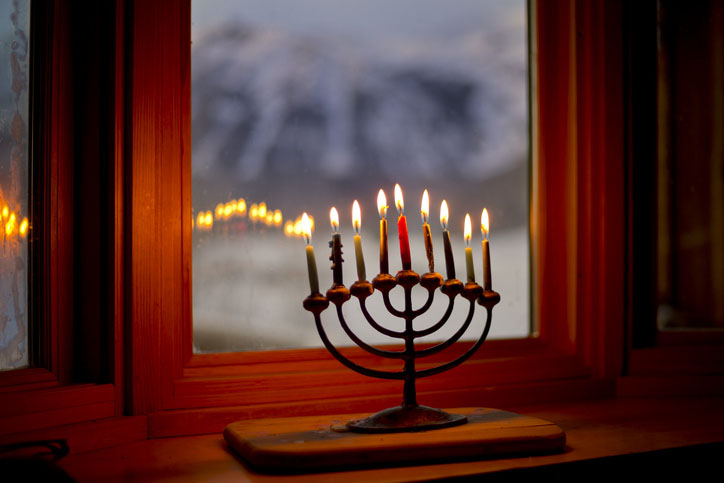
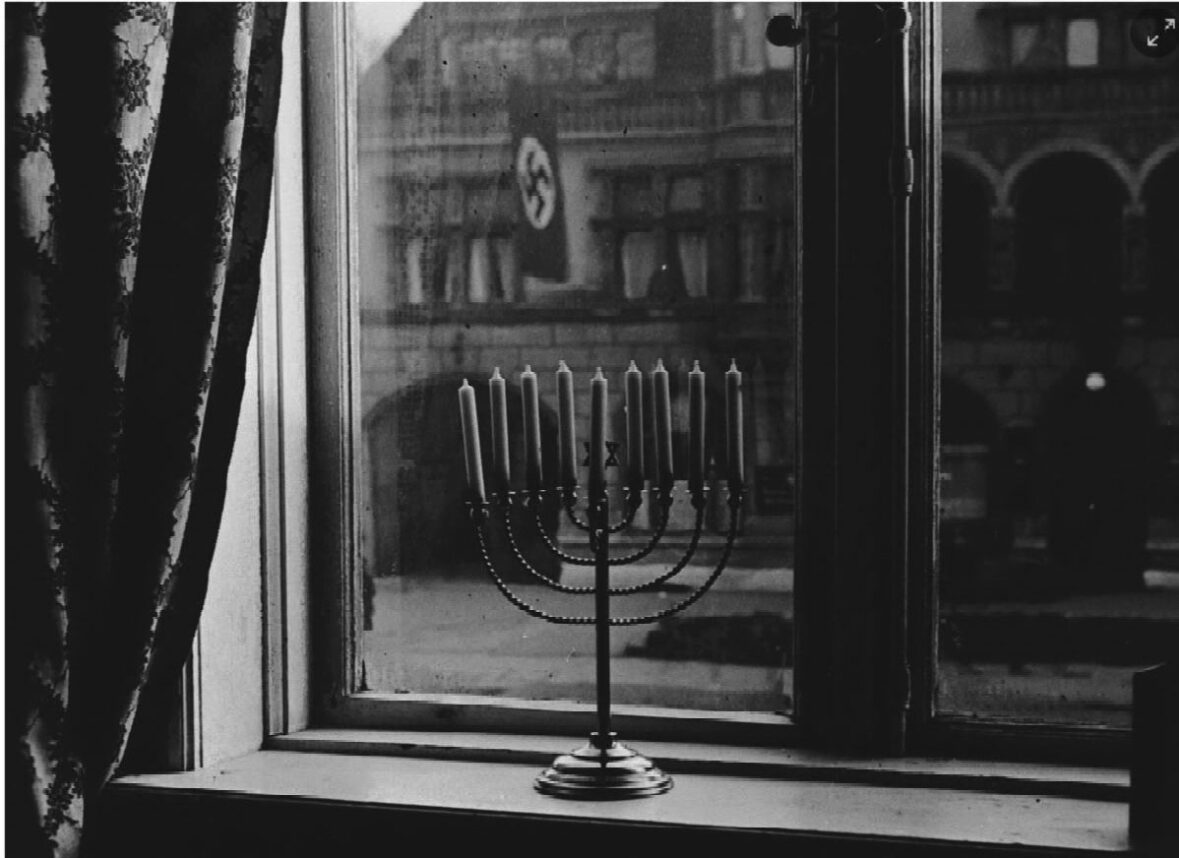
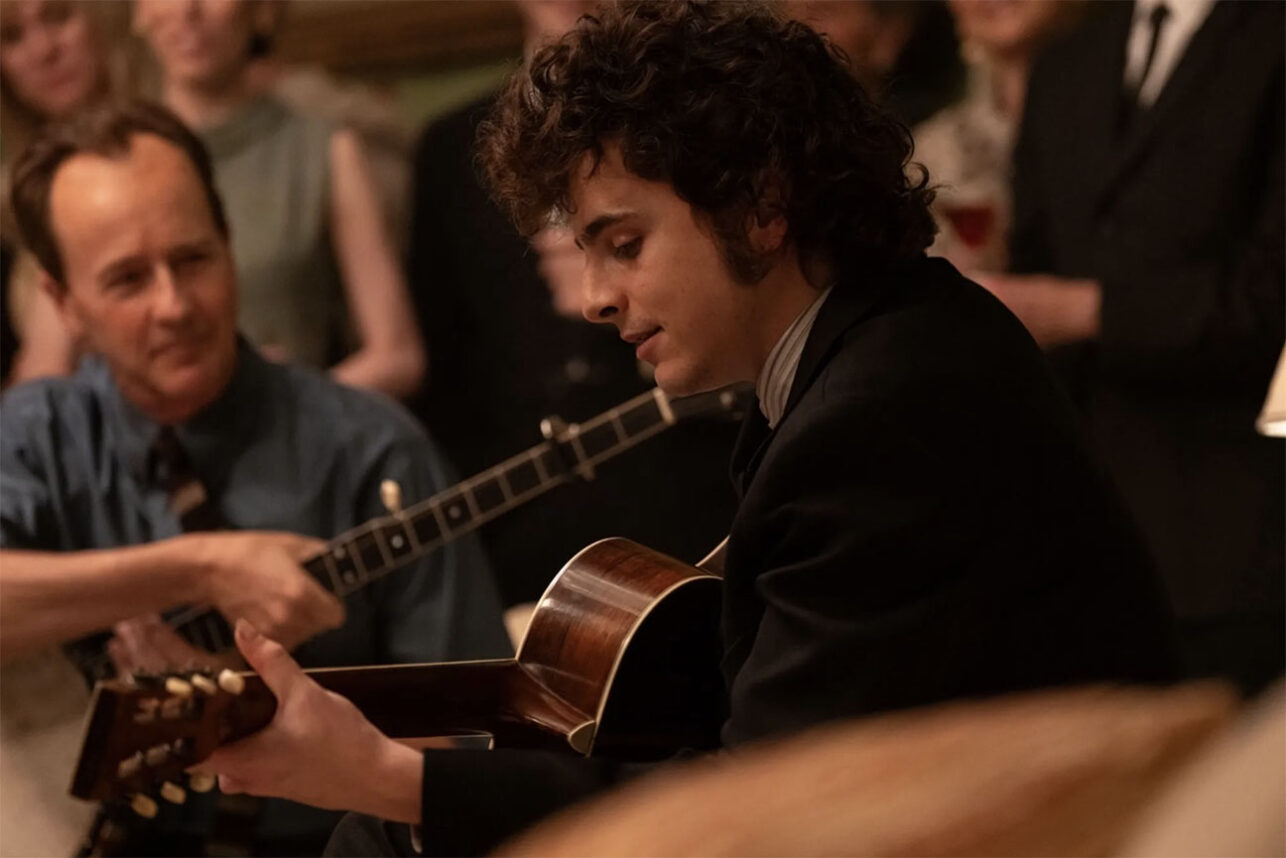
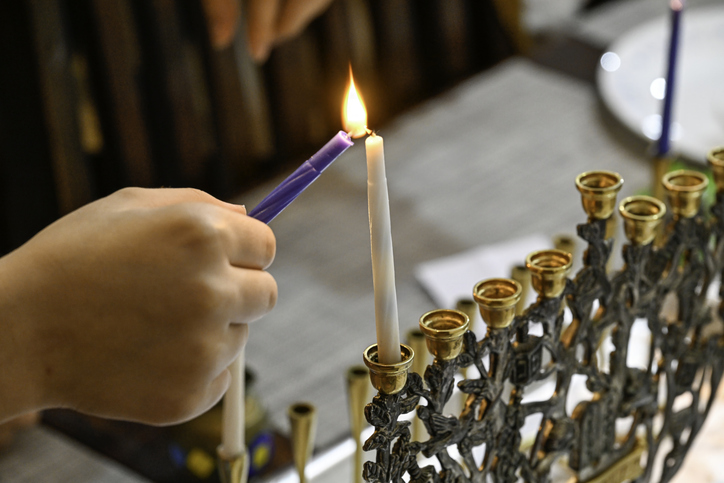

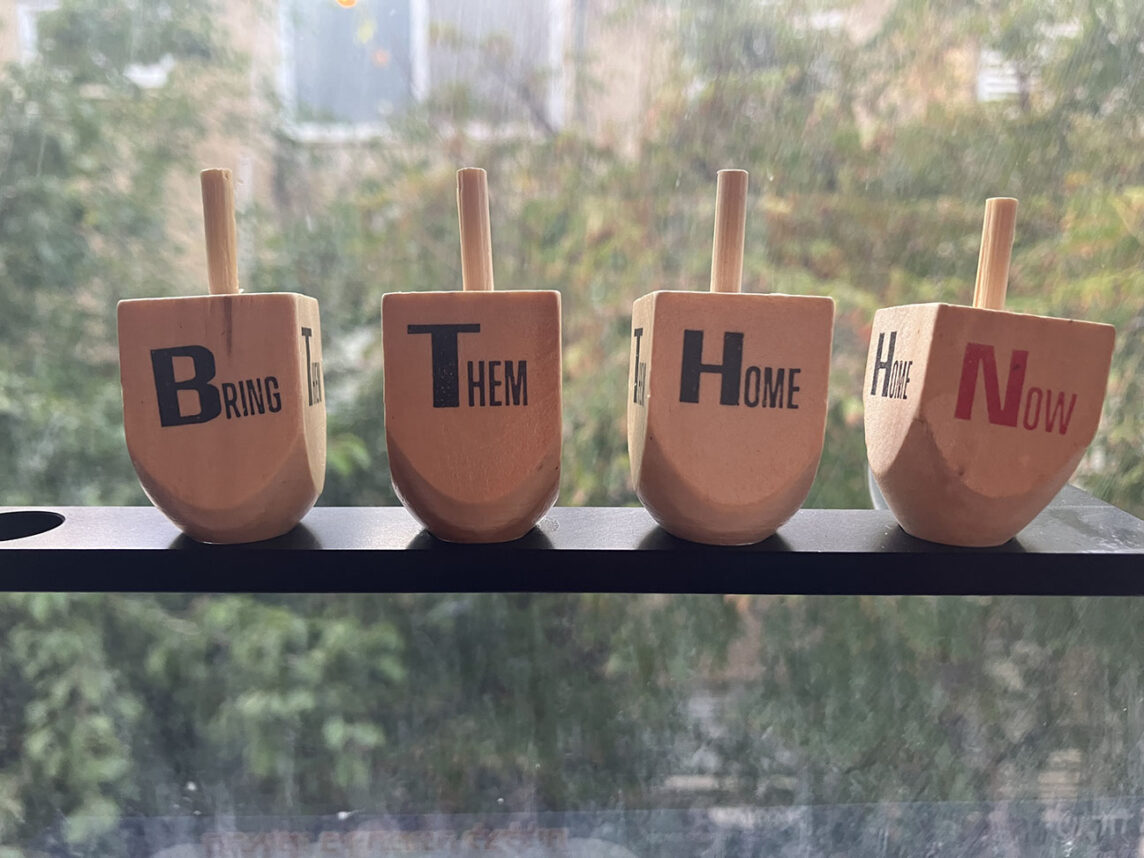
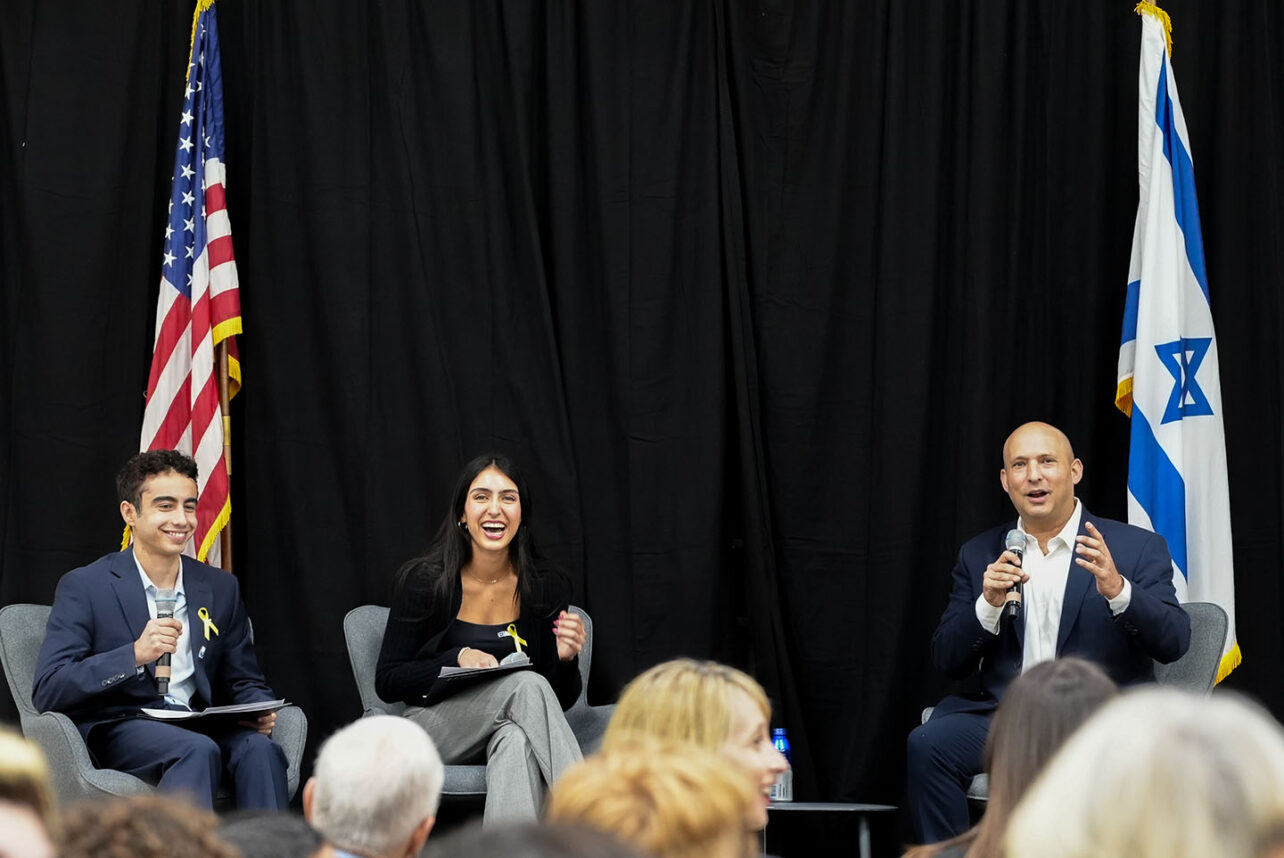
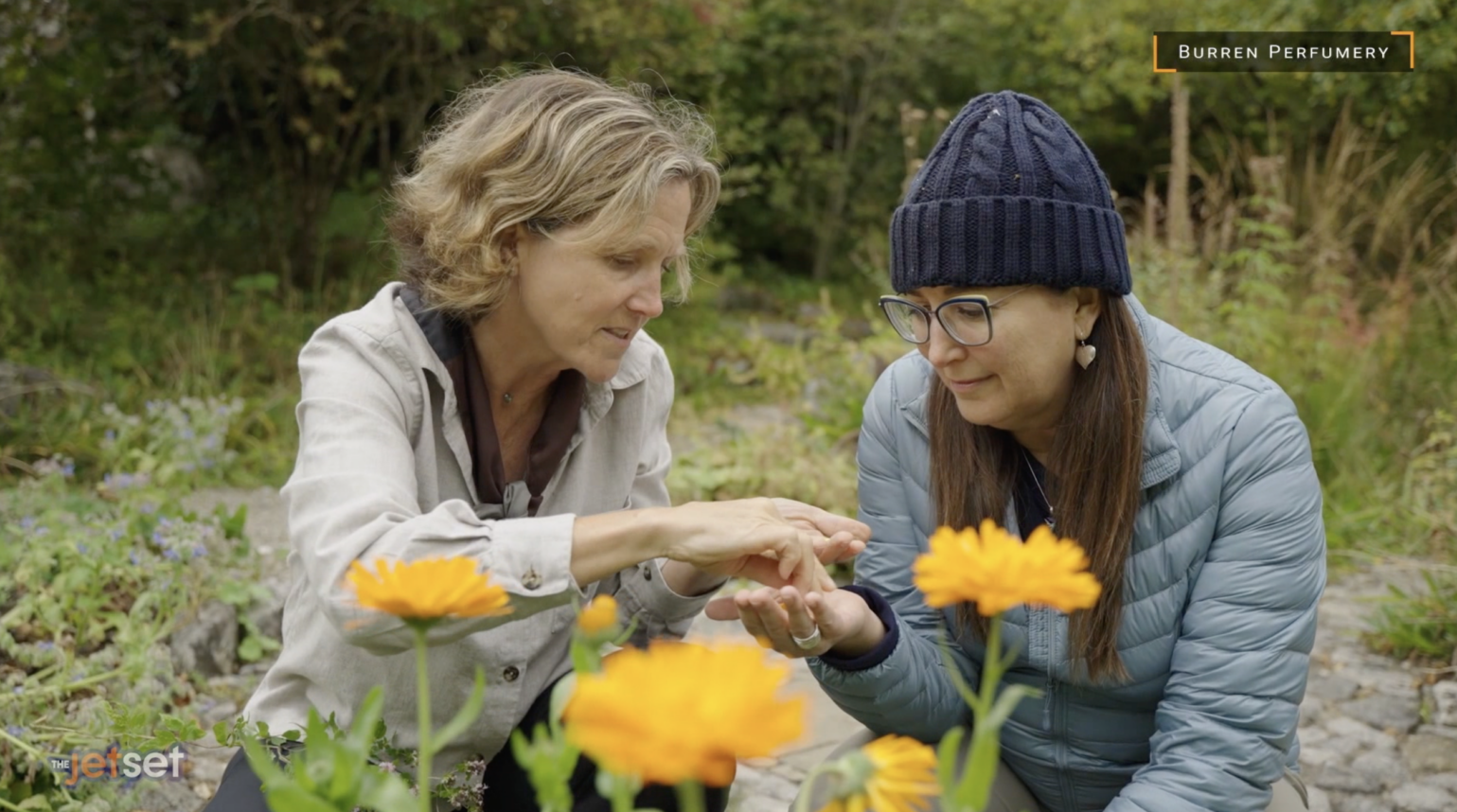






 More news and opinions than at a Shabbat dinner, right in your inbox.
More news and opinions than at a Shabbat dinner, right in your inbox.